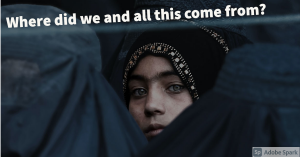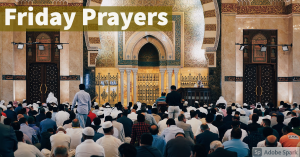
| My friend Martin Brooks recently recommended an amazing TED talk by Nigerian novelist, Chimamanda Adichie in which she “warns that if we hear only a single story about another person or country, we risk a critical misunderstanding.”
I’m toying with the idea that Americans mostly hear a single story about Muslims. That being: Muslims are trouble. Of course the “trouble” part of this one story has several facets with varying degrees of reality: Muslims shoot at our sons and daughters. Muslims migrate to our country and don’t follow the rules. Muslims want to take over the world. Muslims are backward and oppress women. Muslims threaten Israel. My intent is not to debate these individually, but to be honest about what messages are usually conveyed and consider that their aggregate, Muslims are trouble, ends up being the single story Americans have about Muslims. And sadly, I think the subset of Americans who’d call themselves Christian would have the same single story. Certainly not all of them, but too many. I’m wondering about this and would hugely value your input. I know you’re busy and I’m thankful you even opened this email. But can I ask you for two minutes to answer these questions:
You can reply in an email or comment on this post at shanebennett.com. Either way, I’d be so grateful for your input. Perhaps together, we can add other stories. Maybe we’ll find to be true what Chimamanda says at end of her TED talk, “. . . when we realize that there is never a single story about any place, we regain a kind of paradise.” |



